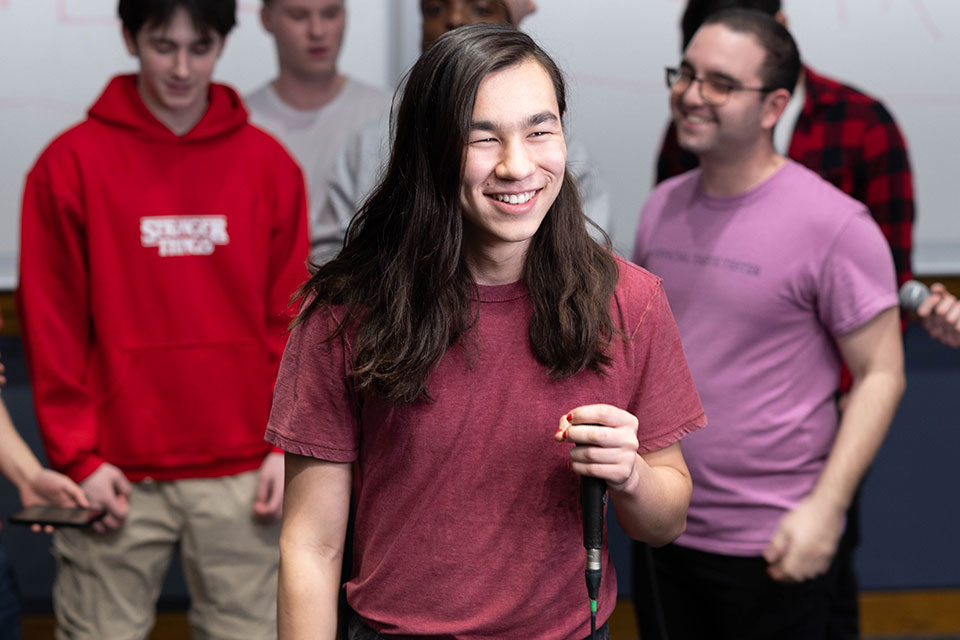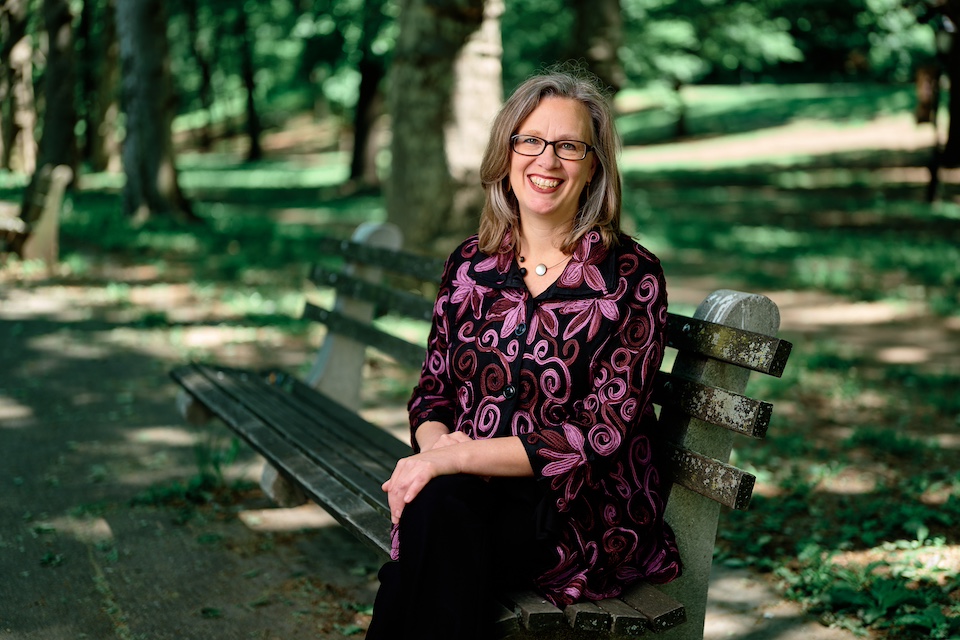Uniting musical excellence with intellectual inquiry
The Brandeis Department of Music offers you the opportunity to experience music as both scholarship and a process of creation and performance. At Brandeis, we help our students to awaken their creative identity.
Founded by preeminent American composer Irving Fine, our department features a distinguished faculty of world-renowned composers, award-winning authors and scholars, instrumentalists, vocalists and conductors. We offer a broad-based undergraduate major and minor that combine the study of history, theory, composition and performance. Our nationally acclaimed graduate programs focus specifically on composition and theory and musicology.

Undergraduate Program
Our undergraduate program combines music history, theory, composition and performance. Music majors take one to two years of theory and training in musicianship skills, as well as courses in global soundscapes, critical listening and history.

Graduate Programs
The Department of Music offers graduate programs in two areas: composition and theory, and musicology.

Ensembles and Lessons
The Music Department is home to a wide range of ensembles that perform music ranging from the Renaissance to the modern era and world premieres. Students also have access to private instrumental and vocal study.
Student Spotlight

Devyn O. ’26 shares how their computer science and music majors come together at Brandeis.






